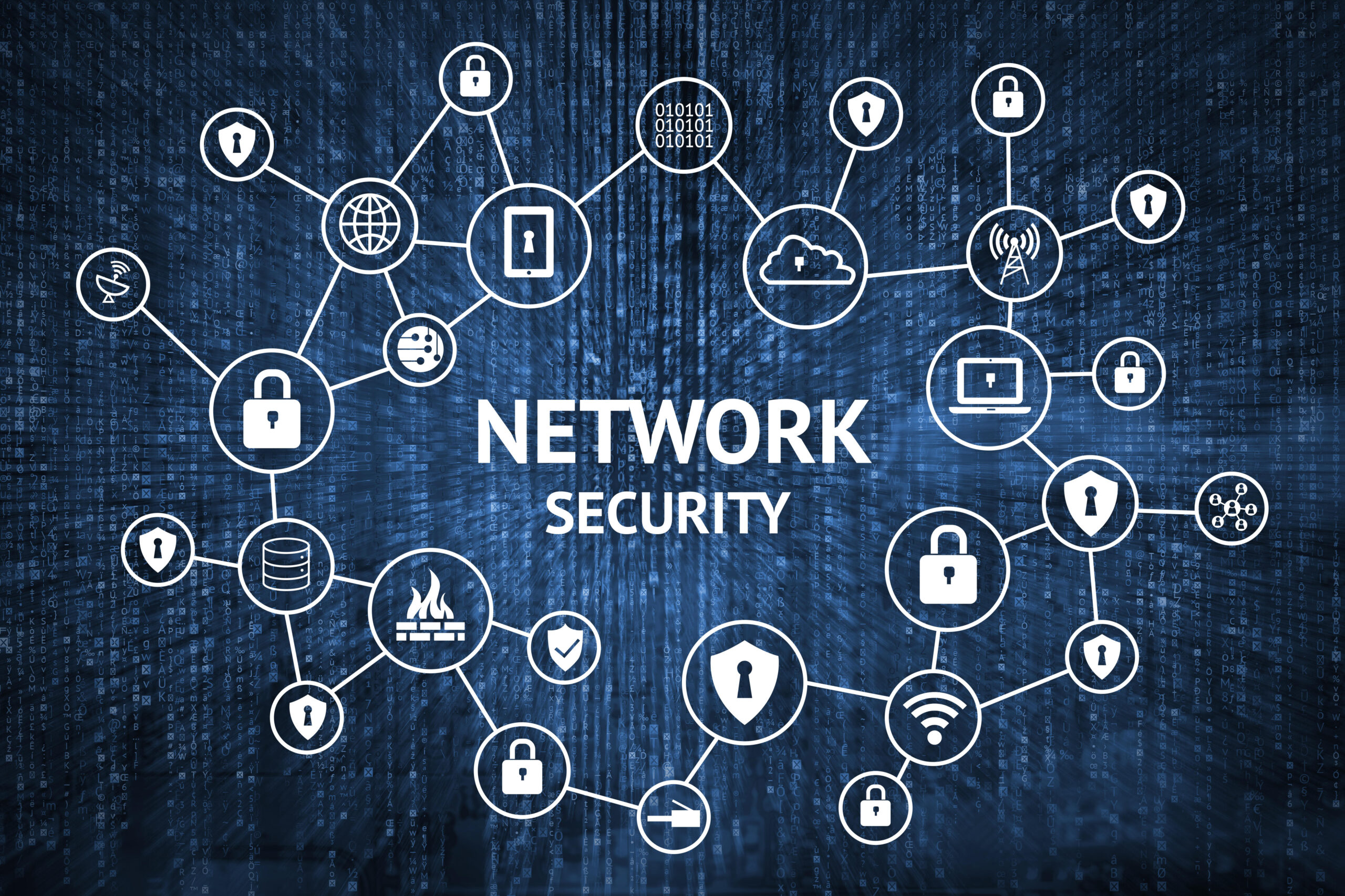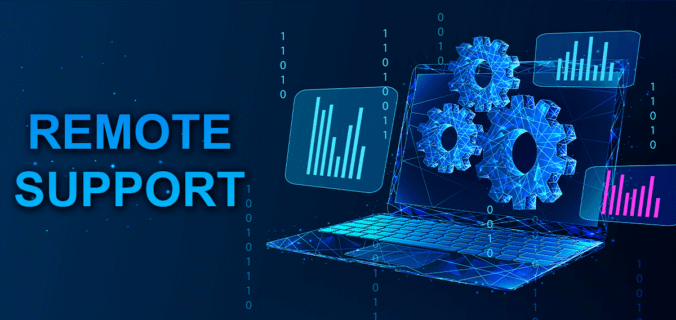
Healthcare providers in Inglewood manage vast amounts of sensitive patient data every day. From electronic health records (EHR) to connected medical devices, every point of access presents a potential entry for cybercriminals. In the healthcare sector, the consequences of a breach extend beyond financial loss—they can directly impact patient care and trust. This article explains why enhanced network security is essential for Inglewood healthcare providers and outlines practical strategies for building a resilient IT environment.
The Rising Threat to Healthcare Networks
The healthcare industry has become a top target for cyberattacks due to the high value of patient data on the black market. Attackers exploit outdated systems, unsecured IoT devices, and insufficient access controls. Inglewood providers face additional pressure to comply with regulations like HIPAA, making strong network security not just a best practice but a legal requirement.

Core Network Security Measures for Healthcare Providers
1. Secure Access Controls
Limit access to sensitive data based on role. Implement strong password policies and multi-factor authentication (MFA) for all user accounts, including remote staff.
2. Network Monitoring and Threat Detection
Deploy real-time monitoring tools that identify suspicious activity before it escalates. Security Information and Event Management (SIEM) platforms offer centralized visibility and rapid response capabilities.
3. Data Encryption
Use end-to-end encryption for data at rest and in transit. This ensures that even if data is intercepted, it remains unreadable to unauthorized parties.
4. Device and Endpoint Protection
Connected medical devices and endpoints should be regularly updated and protected with advanced antivirus and anti-malware solutions.
Leveraging AI for Advanced Threat Detection
Traditional rule-based monitoring tools are no longer enough to combat the sophistication of modern attacks. Artificial Intelligence (AI) and machine learning can analyze vast amounts of network traffic data in real time, spotting anomalies that humans might overlook.
AI-driven systems can:
- Detect zero-day threats before they spread
- Identify unusual login patterns suggesting compromised accounts
- Automate alerts and initiate pre-defined containment actions
For Inglewood healthcare providers, AI-powered threat detection offers faster response times and a higher level of proactive defense without overburdening IT teams.
Beyond Compliance: Proactive Risk Management
Regulatory compliance sets the baseline, but going beyond the minimum is crucial. Inglewood healthcare providers should conduct regular penetration tests, vulnerability scans, and security audits to identify weaknesses before attackers do.
Strengthening Physical and Digital Security Integration
In healthcare environments, cybersecurity should go hand in hand with physical security. Unsecured network ports, unattended workstations, or shared devices in patient care areas can be exploited by malicious actors. By integrating network security measures with physical safeguards—such as access-controlled server rooms, badge-based workstation logins, and video surveillance—providers create a layered defense strategy.
Additionally, aligning IT teams with facility management ensures consistent enforcement of both digital and physical access policies. This coordinated approach reduces vulnerabilities that could be overlooked if security efforts remain siloed. For healthcare organizations in Inglewood, such integration not only improves compliance readiness but also strengthens overall resilience against sophisticated attacks.

Building a Cybersecurity Culture in Healthcare Teams
Technology alone cannot secure patient data—people play a critical role. Healthcare staff often handle sensitive information daily, making them both a line of defense and a potential security risk.
Creating a cybersecurity-focused culture involves:
- Conducting regular phishing simulations to train staff against email scams
- Encouraging employees to report suspicious activity without fear of reprisal
- Recognizing and rewarding teams for following best practices
When every employee—from doctors to administrative assistants—understands their role in cybersecurity, the organization’s overall defense posture becomes significantly stronger.
Real-World Example: Network Security in Action
A small healthcare clinic in Inglewood faced repeated phishing attempts targeting administrative staff. After deploying MFA, upgrading to a HIPAA-compliant firewall, and conducting quarterly security training, phishing success rates dropped to zero. The clinic now operates with greater confidence and reduced cyber risk.
How TechCare Computers Supports Healthcare Security
At TechCare Computers, we deliver customized network security solutions for healthcare providers in Inglewood, including:
- HIPAA-Compliant Network Design and Maintenance
- 24/7 Security Monitoring and Threat Response
- Advanced Firewall and Endpoint Protection
- Staff Cybersecurity Awareness Training
Protect patient data, comply with regulations, and maintain uninterrupted care with robust network security solutions. Contact TechCare Computers today to strengthen network security for healthcare providers in Inglewood.



